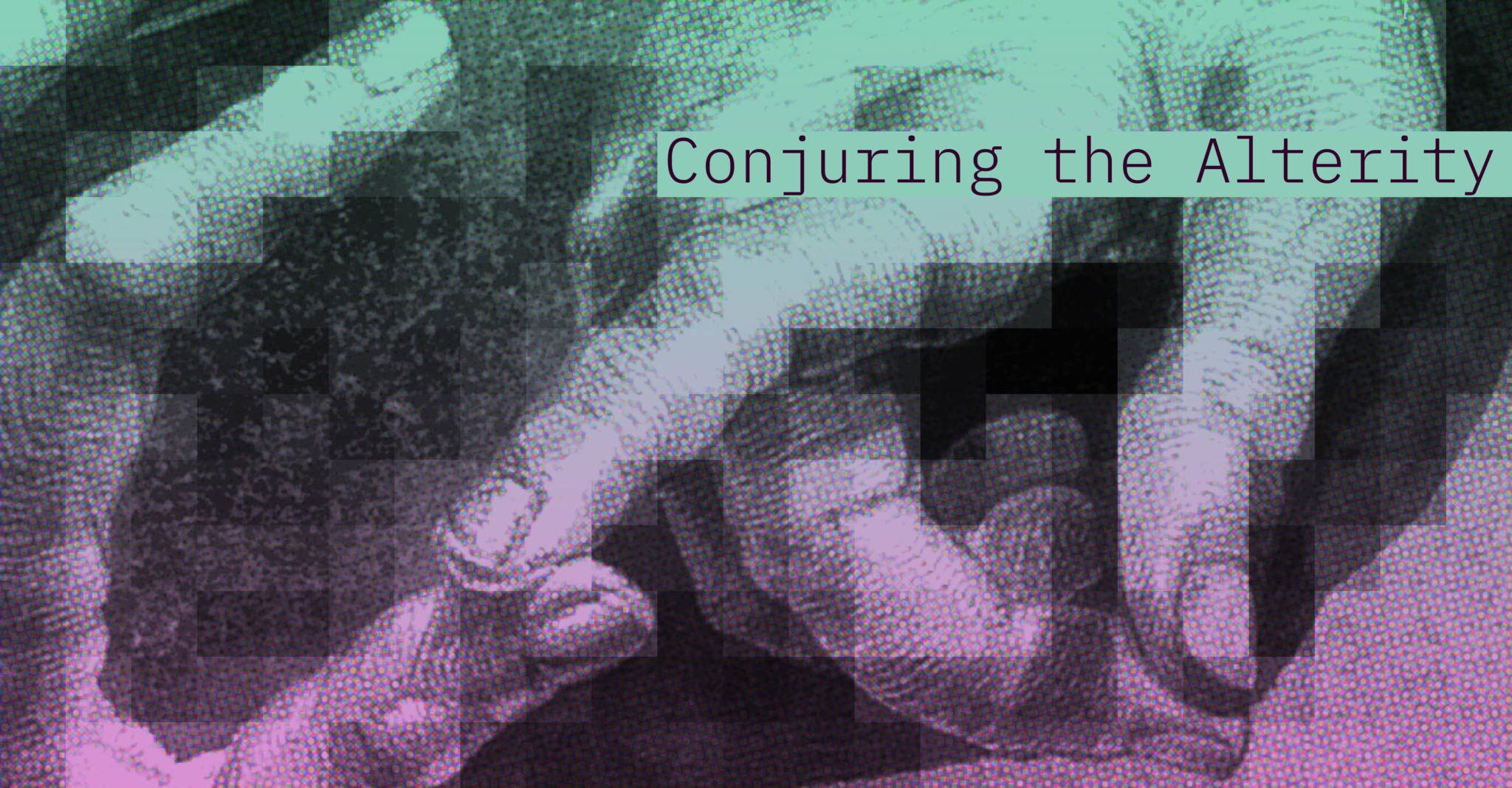
A&A Graduate Symposium, Event #1 Conjuring the Alterity
Hilde Nelson, Dallas Museum of Art; Sophie Guo Ph.D. candidate, The Courtauld; Dr. Beth Gollnick, Princeton University Art Museum
March 22, 2022 · 4:30 pm—6:00 pm · Zoom
Department of Art & Archaeology; Humanities Council; Princeton University Art Museum; Center for Collaborative History; Center for Digital Humanities; Department of African American Studies; Department of German; The Graduate School; GradFUTURES; Department of Anthropology

This event takes place in the frame work of the Princeton Art & Archaeology Graduate Symposium “Has Anything Changed? New Strategies and Adaptive Methodologies in Art History Since COVID-19”
Yutong Li and Ariel Kline (PhD Candidates, Department of Art & Archaeology) will lead a panel to explore the exacerbated fissures – both extant and newly originated – along the lines of geographies, politics, and social structures that have occurred as a result of, been catalyzed by, or brought out more fully due to COVID-19. This panel of graduate students, early career curators, and young artists will explore sociopolitical issues such as the BLM movement, pro- and anti-lockdown, mask, and vaccine debates, the anti-Asian sentiment and the resistance movement, and other racialized, gendered, and classed issues. The panel will focus on conversations around visual productions and aesthetic articulations on the representation of gender, class, race and ethnicity, cultural boundaries, and temporalities.
Please note that registration is required.
—
Princeton Art & Archaeology Graduate Symposium
Tuesday, March 22, 2022, 4:30 PM–6:00 PM ∙ Zoom
Thursday, March 24, 2022, 12:00 PM–1:20 PM ∙ Zoom
Tuesday, March 29, 2022, 12:00 PM–2:00 PM ∙ Zoom
Saturday, April 2, 2022, 11:00 AM–3:00 PM ∙ In-person | 12:00PM–1:30 PM Zoom
All times listed are in Eastern Standard Time
Sign up by March 29 to attend the April 2 in-person portion (limited seating)
About the Symposium
The symposium centers on the theme of changes at a time of global crises. More specifically, it calls on participants to consider the effects of COVID-19 on scholarship in the humanities. Contributors to the symposium investigate how people and institutions must adapt to changing global circumstance















